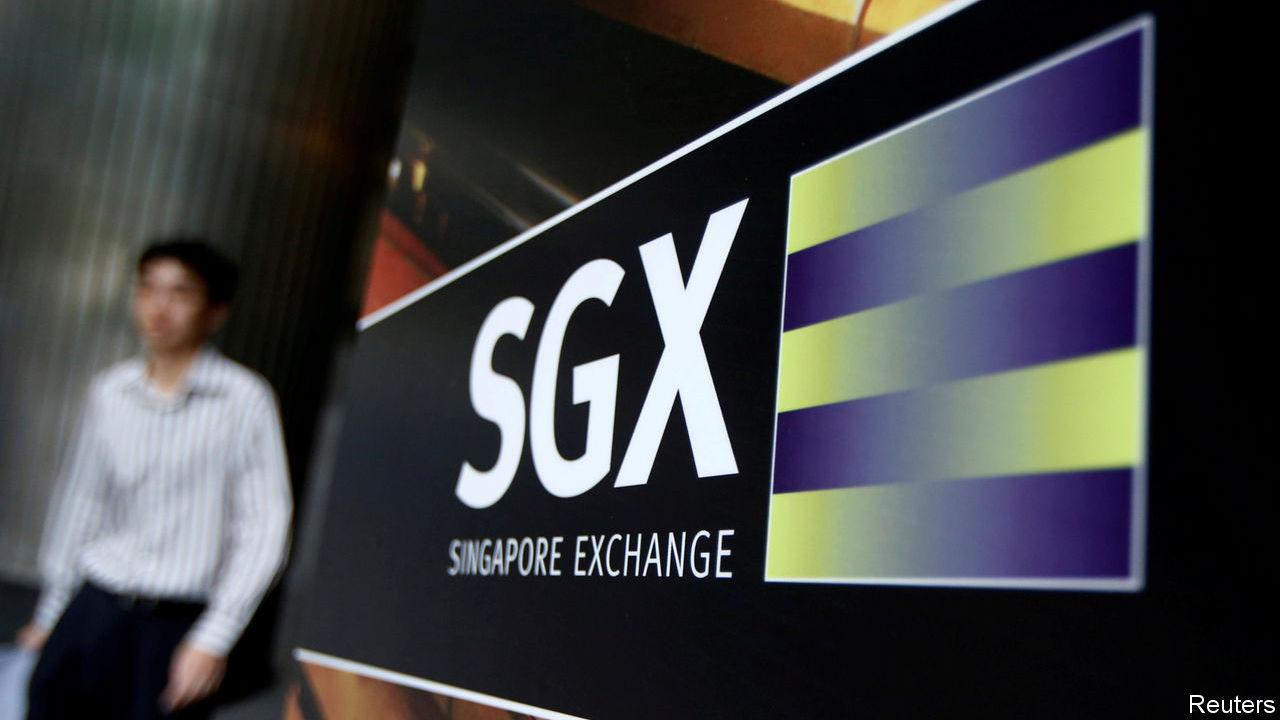SPONSOR: ThreeD Capital Inc. (IDK:CSE) Led by legendary financier, Sheldon Inwentash, ThreeD is a Canadian-based venture capital firm that only invests in best of breed small-cap companies which are both defensible and mass scalable. More than just lip service, Inwentash has financed many of Canada’s biggest small-cap exits. Click Here For More Information.

- I am sticking to my original prediction – Bitcoin will hit 250k by 2022.†– Tim Draper, American Venture Capitalist, Author, Founder of Draper Associates, DFJ and Draper University
Rachel Wolfson ContributorÂ
Following the ICO boom in 2017, along with Bitcoin’s all time high of nearly $20k last December, the cryptocurrency and blockchain industry has gone down a rocky road. As the crypto world is full of surprises, it’s difficult to predict what’s in store for the future. Yet it’s interesting to hear what industry insiders and some of the biggest influencers in the space have to say about their expectations for the crypto and blockchain industry over the next 12 months and beyond.
Cryptocurrency:
I am sticking to my original prediction – Bitcoin will hit 250k by 2022.†– Tim Draper, American Venture Capitalist, Author, Founder of Draper Associates, DFJ and Draper University
As one of the leading cryptocurrencies, Ether will see its price reach the $500 mark by mid 2019. The fact still remains that most blockchain projects across the world are being done in Ethereum. As its use cases increase and improve globally, we’ll see it continuing to gain more solid ground as a smart contract protocol.” – David Drake, Founder and Chairman of LDJ Capital
2019 will be an exciting year. We will see several great products shipped to market, especially from our Binance Labs incubation program, now taking place on five continents. The projects and teams who are focused on building and achieving product-market fit will bring more real use cases to our lives. This will open the gateway to the mass adoption of crypto.” – Ella Zhang, Head of Binance Labs
The first legitimate national cryptocurrency will be launched, linked to a fiat currency from a G-20 nation. This digital asset will be in high demand for combining the benefits of a digital asset with the stability of a government-backed currency. Mark Zuckerberg’s 2018 New Year’s resolution to “study cryptocurrencies” will result in one being integrated into Facebook for payments. The only question is whether they will use an existing cryptocurrency or a new one created by Facebook.†– Mitch Liu, Theta Labs CEO
Blockchain:
2018 was a tough year, but we have a longer term outlook for our industry. The builders have been building in 2018, so for 2019, I think we will see a lot of real products and real applications coming into the market.†– Changpeng Zhao (CZ), Binance CEO and Founder
I have been involved in the blockchain space since 2013, actively developing with Ethereum since January 2015. During this time I have experienced many ups and downs. Many times I heard how “Blockchain is over.†However, the fact is that the underlying technological innovation continues to evolve and to get better. We have more tools today, documentation, tutorials, and users than ever before and this will continue to grow as the user interfaces become better and more seamless. In 2019 we will continue to live the aftermath of 2017. ICOs have been in winter sleep for most of 2018, following the ICO madness we experienced, which was initiated by my ERC-20 standard. Nevertheless, this doesn’t change the fact that ICO’s are a great fundraising mechanism, for those projects in which a coin offering makes sense. However, many past token projects were only using ICOs as an opportunity to collect money without a truly decentralized and functioning token economy in the background. We need to regain the trust that was lost, and proposals like my Reversible ICO shows how technology can be the transaction mechanism and the regulator at the same time. – Fabian Vogelsteller, LUKSO CEO and Ethereum developer responsible for co-creating the ERC-20 Token Standard
You’ll see blockchain companies with differentiated business models separating themselves from the pack. For the industry to mature and gain legitimacy, the 2018 shakeout had to happen. As you’ve seen with the rise of the internet, e-commerce and just about every other big-thought thing that’s happened in the last 50 years, the gold rush days come to an end, rules get created and people settle down to do real business. That’s why we’ve kept our focus, powered forward and invested in building our vision for the next iteration of the web. For TRON, 2019 will be a year of many innovations. We’re the largest decentralized content ecosystem in the world, and 2019 will be about showing people what that means. We’re beginning the year with our first summit, in San Francisco, where we’ll reveal big details about how we plan to integrate blockchain with BitTorrent’s peer-to-peer technology. And we’ll follow that by offering our 100 million monthly BitTorrent users incentives to create and share more freely and often, delivering an economy of goods and services within the network.†– Justin Sun, TRON CEO and Founder
2019 will be a historic year for the Blockchain industry. Malta will issue the first license for operators in this sphere to be able to operate in a regulated environment. Thus, 2019 will see the materialization of The Blockchain Island, firmly putting Malta at the epicenter of this industry. We are aware where the compass is pointing, which is why blockchain technology will be incorporated into our ecosystem. In turn, we will soon start witnessing change in the landscape of how sectors as we know today operate. In fact, as a Government, we’re looking at using blockchain technology in the public sector to better the experience of our citizens. 2019 will be an even more exciting year for Malta. The smallest EU member state will be amongst the top 10 nations with a National Strategy for Artificial Intelligence. This will open doors for the exploration of new economic niches such as esports, gaming and Fintech. Malta’s agility and flexible approach will ensure that we will remain innovators in the digital economy.†– The Honorable Silvio Schembri, Malta’s Junior Minister for Financial Services, Digital Economy & Innovation
We hope to see some more progress happening towards the setting up of a true interoperability standard for optimal communication between different types of blockchain networks. We believe that there will be some more hybrid deployments involving the joint use of permissionless and permissioned blockchain networks, with a focus on real world use cases where the use of blockchain technology can truly move the needle forward.†– Nimit Sawheny, Voatz CEO
Blockchain communities and open source communities will see their lines blurred, as the two become synonymous with one another. Open source has traditionally been on the cutting edge of innovation and has garnered massive interest because of its ability to deliver security through transparency. Decentralization is the latest cutting-edge technology and it shares that same foundational principle of transparency. A platform cannot be decentralized if it is proprietary, as the organization that owns the software code ultimately becomes the central point of failure.†– Ben Golub, Storj Interim CEO and Executive Chairman
Tokenization:
A quadrillion dollar market is unfolding, driven by the emergence of security tokens. As currencies are tokenized, as bonds are tokenized, as equities are tokenized, as currencies and real estate and energy are tokenized — We are watching the birth of a quadrillion-dollar market. Also, Qualified Opportunity Zones (QOZs) are going to deliver over $100B of capital into places where economic stimulus is needed in the U.S. We are also going to see the first Dapps (decentralized applications) that hit a million users a day sometime next year. Because we’ve now had our “Netscape†moment, we now have scalable blockchains that have no friction (meaning anyone can access it without having tokens) low latency (meaning it’s fast and scalable and can be by many people) with EOS as the first general protocol with many to come. It’s the equivalent of when the first IPhone launched in the App Store.†– Brock Pierce, American Entrepreneur, Venture Capitalist, Chairman of the Bitcoin Foundation and co-founder of EOS Alliance
I think that the main trend will be securities tokens. The combination of the power of a distributed ledger with more standardized securities will open lots of doors in capital creation. Privacy will continue to be important. There will be an increasing gap between those with solid technology and those with weak, captive networks.†– Bruce Fenton, Founder and Managing Director of Atlantic Financial, Board member of the Bitcoin Foundation and co-founder of the Bitcoin Association
The ability to fractionalize illiquid assets will allow institutions to offer unique portfolio positioning that suit the preferences of the investor. Given the transparency involved in a correctly-designed token, there will be new ways to visualize risk and returns. This will unleash a new wave of investing that has been bottled up because of asymmetry of information. Ultimately, tokenization will greatly flatten that asymmetry, which is what this is all about.” – Sam Tabar, Fluidity Co-Founder
Venture Capital:
2019 is going to be another year of building. We’re squarely in the phase in which the crypto space is developing the companies, products, and infrastructure to support the wild valuations we saw in 2017. I expect we’ll see more consolidation, as both companies and funds struggle to raise capital. While this might sound gloomy, I think it’s actually quite healthy. As technology and valuations start to converge at rational levels again, the stage will be set for the industry to enter the next phase of maturity.†– Arianna Simpson, Venture Capitalist and Managing Director at Autonomous Partners
We should not forget that token issuers are startups and they have an even higher burn rate than that of traditional startups. With over $10 billion raised by those crypto startups in 2017-2018, the conversion to fiat currencies is inevitable. In addition, all the crypto services and talent have been twice as expensive as for traditional startups. Once billions of dollars are liquidated to pay bills, it is normal for the prices of the major crypto currencies to drop. This of course had a snowball effect: the panic starts and hundreds of entrepreneurs need to sell crypto to secure capital for product development. Even cryptofunds whose market capitalization is $10 billion tend to have focused on equity deals recently. They’ve liquidated part of their crypto portfolio and hold fiat. In addition, we shouldn’t forget that the main reason the Bitcoin and Ethereum networks exists are because of the miners. Miners had to sell as well to maintain their facilities. They’ve overmined Bitcoin in 2017, assuming the price would keep going up.†– Natalia Karayaneva, Propy CEO and Founder
Source: https://www.forbes.com/sites/rachelwolfson/2018/12/20/blockchain-and-crypto-leaders-share-their-2019-industry-predictions/#486a7ad2155e











